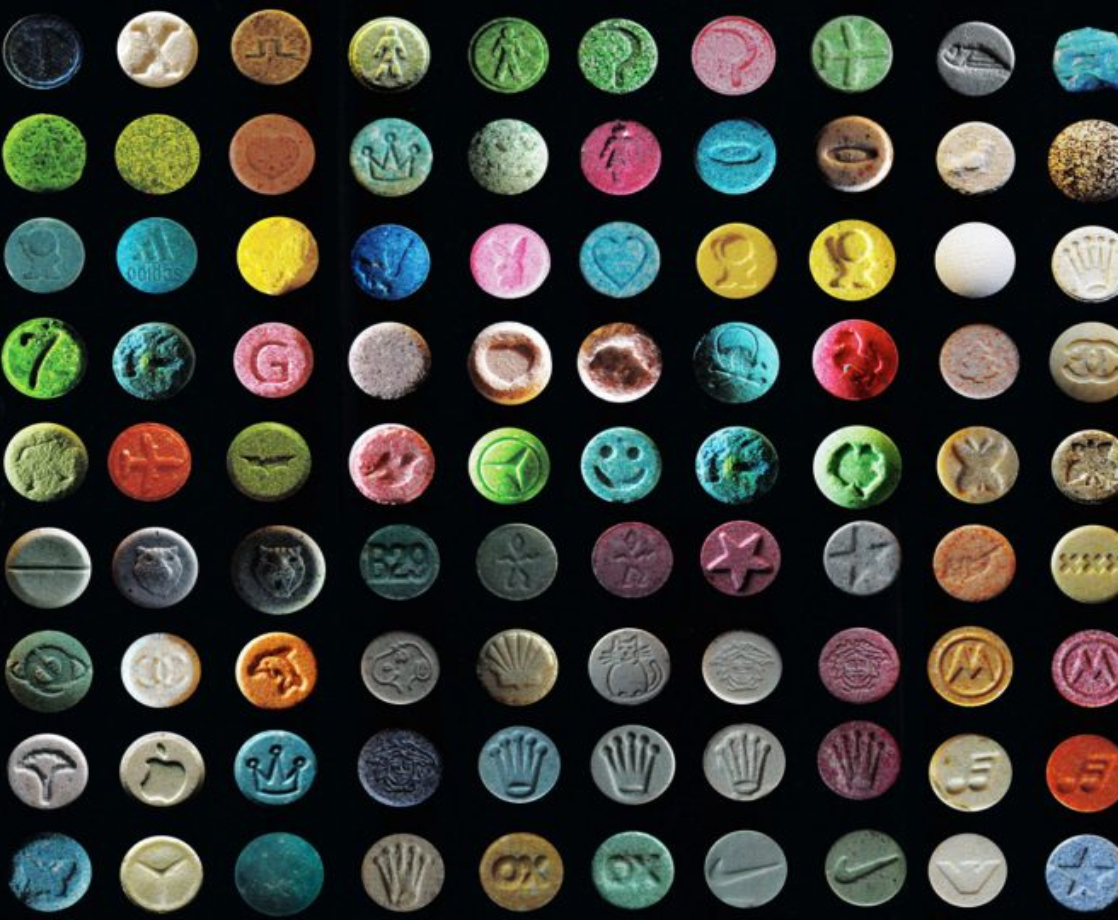The US Food and Drug Administration (FDA) is on track to legalize MDMA-assisted therapy for PTSD by 2022, which would make the treatment legally available the following year.
The Multidisciplinary Association for Psychedelic Studies (MAPS), under the leadership of Rick Doblin, PhD, is nearing completion of Phase 3 clinical trials studying how MDMA can help treat symptoms of PTSD. These trials, which are the final hurdle that must be completed before the FDA will approve a new medication, are an especially rigorous phase in which researchers must demonstrate the safety and efficacy of their medication on a broad spectrum of subjects.
Approximately 60 percent of subjects have completed Phase 3 trials, triggering an independent data monitoring committee (DMC) to review the initial findings and determine if the trials should continue. This is a make-or-break moment for clinical trials. Phase 3 trials for Tonmya, another proposed PTSD treatment, were recently aborted after a DMC found their preliminary results unpromising.
The DMC reviewing MAPS’ studies gave them much better news, however. The analysis determined that there’s a 90 percent chance these Phase 3 trials will produce statistically significant results, vastly increasing the likelihood that the FDA will legalize this treatment.
“In the pharmaceutical drug development community, this is what you dream about,” said Doblin to Forbes. “The results of the interim analysis of MAPS’ pivotal first Phase 3 trial are the most powerful evidence yet that MDMA-assisted psychotherapy could help transform the lives of people suffering from PTSD.”
“Still, it was difficult to summon the courage to open the email from the DMC since this was the most important reality check in MAPS’ entire 34-year history,” Doblin continued. “The great results from the interim analysis has changed everything in that we are now actively preparing for FDA approval and commercialization based not on hopes and dreams but on actual data from Phase 3.”
Doblin and other researchers were already exploring the therapeutic potential of MDMA in the early 1980s, but these experiments came to a halt when the US banned ecstasy after it became a popular club drug. In 1986, Doblin founded MAPS to continue researching the medicinal properties of MDMA and natural psychedelics.
Realizing the only way to advance the legalization of these medicines was to prove their effectiveness in a laboratory setting, MAPS sought FDA approval to begin conducting clinical trials. Once the initial Phase 1 trials showed that patients could use MDMA without any risk to their health, MAPS began Phase 2 trials to prove the effectiveness of therapy. These trials were also successfully completed, and the FDA granted MDMA “Breakthrough Therapy” status, allowing MAPS to fast-track the final phase of testing.
Based on the early success of the MDMA study, the FDA has already granted this new therapy Expanded Access designation, a “compassionate use” program that allows specific patients to legally use drugs that have not yet gained full federal approval. Under this designation, a small number of clinics around the country have begun offering MDMA-assisted therapy to PTSD patients who have had little success with traditional treatments.
If the Phase 3 trials are successful, the FDA is likely to approve MDMA-assisted therapy in 2022. If that happens, pharmaceutical companies will likely begin legally producing MDMA in 2023. To prepare for this likely outcome, MAPS has partnered with the Psychedelic Science Funders Collaborative (PSFC) to help raise $30 million to advance this new therapy. So far, the fund has already secured $12 million.
“This first look at data from the first-ever Phase 3 trial of a psychedelic-assisted therapy only makes us more confident that we’re standing on the cusp of a breakthrough,” said Joe Green, PSFC co-founder, to Forbes. “The approval of MDMA-assisted psychotherapy would be a catalytic event that brings psychedelic medicine into the mainstream. That’s why we are excited to partner with MAPS in creating the Capstone Fund to bring this research across the finish line.”











